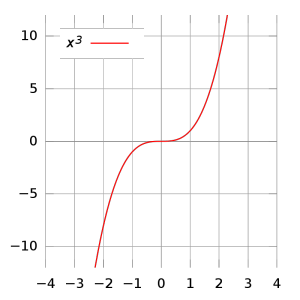I found myself asking this question this morning. Here’s what I told myself.
The key difference must be whether future revenue is directly the result of future labor. If I can earn $100 next week only by working on my business that week, then I’m self-employed. But if I can reasonably expect to get that $100 regardless of how hard I work, whether I take a vacation or work overtime, then what I have is a business.
Unfunded startup businesses are brutally difficult, and feel like unsuccessful self-employment, because you work 60 hours a week to earn that measly $100. Some weeks 90% of what you do is recurring, mundane work, and only 10% of it actually builds the business into a better state. That 10% is what you live for those weeks. If you do it right, over time you create an infrastructure of revenue that comes without regard to your personal effort that week.
There’s an inflection point in entrepreneurship. If you never get past the inflection point, your business ventures will always be low-wage jobs. That point is break-even. Not for the business, but for you. If you can break even every month, pay your rent, buy your food, and see the occasional movie (or whatever it is you do when you’re not working), then you no longer need to keep every last dollar you earn.

Here’s why that’s an inflection point:
Suppose you work 60 hours a week and earn $200 more than you need to live and be happy. 90% of that 60 hours may still be recurring, mundane work. It’s not building. But you’re supposed to be building, right? So don’t keep that $200. Take it and outsource the mundane work.
$200 goes a long way. If you hire someone at $20/hr, that’s an extra 8 hours you have to build your business each week (after taxes, overhead etc.). You’re still breaking even, so pretend the $200 wasn’t yours. And $200 can go even farther than that. Thanks to the Internet, you might find someone great to work for $4/hr, where $4 is a good wage. That’s a lot of time for you, and you’re providing needed employment.
This is why growth businesses don’t pay dividends. They reinvest them. So if you’re a bootstrapping entrepreneur, you shouldn’t dividend yourself, either. Break even and reinvest. The same is not true for self-employment. If you’re self-employed, you need to keep that extra $200 for a day when you can no longer work.
So, at the bootstrapping stage, that’s the difference between business and self-employment.